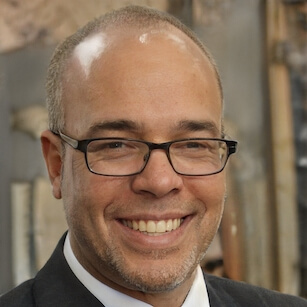When it comes to the initial assessment, I take a thorough and systematic approach. I start by gathering information about the patient's medical, psychiatric, and social history. This helps me get a better understanding of their background and any factors that could influence their mental health. I also assess their current mental state by observing their appearance, behavior, and speech. Additionally, I ask open-ended questions to encourage the patient to share their thoughts and feelings. From what I've seen, this comprehensive approach allows me to identify any potential issues and develop an appropriate treatment plan.
Psychiatric Nurse Interview Questions
The ultimate Psychiatric Nurse interview guide, curated by real hiring managers: question bank, recruiter insights, and sample answers.










